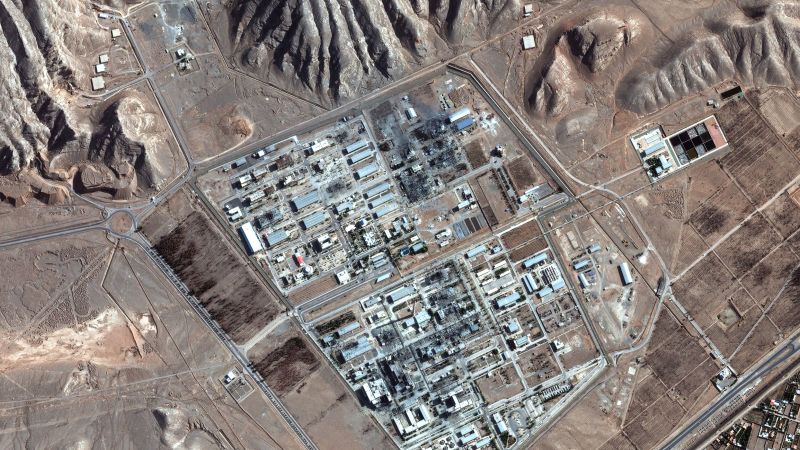Iranian PresidentMasoud Pezeshkianhas approved a law to halt cooperation with the International Atomic Energy Agency (IAEA), a move which will likely obscure any attempt by Tehran to restart itsdamaged nuclear program.
Wednesday’s decision comes a week after Iran’s parliament passed a law to suspend cooperation with the UN nuclear watchdog. Iran blames the IAEA for collaborating with Israel and providing a pathway for strikes on its nuclear facilities, an accusation which the agency denies.
Pezeshkian ordered Iran’s Atomic Energy Organization, the Supreme National Security Council, and the Ministry of Foreign Affairs to begin implementing the law, state-run news agency IRNA said.
It’s unclear when and how the new law will be implemented, but the decision could pave the way for Iran to rebuild its nuclear program without inspections or monitoring from the IAEA. Iran is a signatory to the Non-Proliferation Treaty (NPT), which requires members to allow monitoring and inspections of facilities to confirm the peaceful nature of nuclear programs.
“We are aware of these reports. The IAEA is awaiting further official information from Iran,” an IAEA spokesperson told CNN.
Israel launched an unprecedented attack on Iran last month that targeted its military commanders, nuclear facilities and the scientists who develop its atomic program. In the week that followed, the United States launched supportive strikes on Iranian nuclear facilities in Natanz, Isfahan and Fordow. A 12-day conflict between Israel and Iran ended with a ceasefire last week.
Iran said its facilities were badly damaged in the attacks but that it intends to continue enriching uranium to continue its “peaceful” nuclear program. On Sunday, the IAEA said US strikes on Iranfell short of causing total damageto the program and that Tehran could restart enriching uranium “in a matter of months.”
Days before Israel attacked the Iranian facilities, the IAEA said it could not verify that Tehran’s nuclear program is entirely peaceful and issued a report saying Iran was enriching uranium to near weapons-grade levels.
That document triggered an IAEA resolution censuring Iran, fueling outrage across the Iranian government who accuse the agency and its director general, Rafael Grossi, of being biased.
Iran’s Supreme Leader Ayatollah Khamenei has repeatedly denied Iran is building a bomb and says weapons of mass destruction are forbidden under Islam. The country began enriching uranium to higher levels after US President Donald Trump withdrew in 2018 from a nuclear agreement signed between the Obama administration and Iran.
